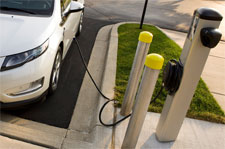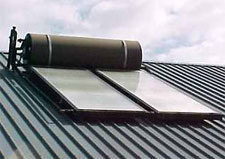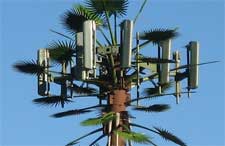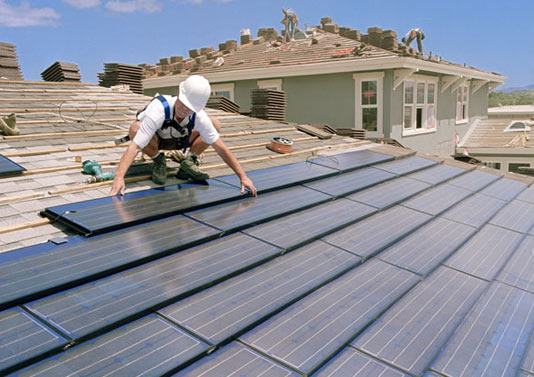*New Case Law
More and more homeowners are seeking to utilize the cost-savings and environmental benefits that solar energy systems provide. However, the way in which a homeowner may obtain cheaper and “greener” energy should be balanced against the need for a Homeowners Association (“HOA”) to ensure that such systems will not place additional strain on the Association’s maintenance resources or jeopardize the aesthetic harmony of the community. Civil Code Section 714, a component of the “California Solar Rights Act,” purports to provide for such a balance by imposing additional requirements on an HOA when it evaluates a homeowner application for a solar energy system.
The interpretation of these requirements was central to the ruling in the recent case of Tesoro del Valle Master Homeowners Association v. Griffen. In Tesoro, defendants sought to install a solar energy system at their residence (“the Property”) located within the Tesoro del Valle Master Homeowners Association (“Association”). The dispute arose after the defendants proceeded with installing the solar energy system without the Association’s approval. As is the case with many HOAs, the Association’s CC&Rs prohibited homeowners from performing any “construction, alteration, or removal of any Improvement in the [Association]…without the approval of” the Association’s Architectural Control Committee (“ACC”).
The ruling in Tesoro dealt with many factual and procedural issues regarding the process by which the defendants’ application for a solar energy system was denied by the ACC. However, the most interesting aspects of the holding relate to the court’s interpretation of three issues concerning a HOA’s legal obligations under Section 714 when evaluating an application for the installation of a solar energy system. In general, these issues were:
- What factors can establish that, within the meaning of Section 714, a HOA’s CC&Rs and design guidelines allow for an “alternative solar energy system” of “comparable costs and efficiency” that “does not increase the cost or decrease the efficiency” of the proposed system?
- May a HOA consider the aesthetic impact of a proposed solar energy system in determining whether to approve the application?, and
- If a HOA rejects an application for a solar energy system by requesting that the applicant explore a possible alternative solar energy system, is the HOA responsible for designing or proposing such a system?
 HOA Lawyer Blog
HOA Lawyer Blog


 In July of this year, Governor Brown signed
In July of this year, Governor Brown signed  In furtherance of California’s energy conservation goals,
In furtherance of California’s energy conservation goals,  More and more Associations throughout California are considering the implementation of alternative energy sources as a mechanism to reduce their operating expenses. An Association in San Jose will begin construction on the largest solar water heating project in the state later this month in an effort to reduce its water heating bills.
More and more Associations throughout California are considering the implementation of alternative energy sources as a mechanism to reduce their operating expenses. An Association in San Jose will begin construction on the largest solar water heating project in the state later this month in an effort to reduce its water heating bills. A recent
A recent 